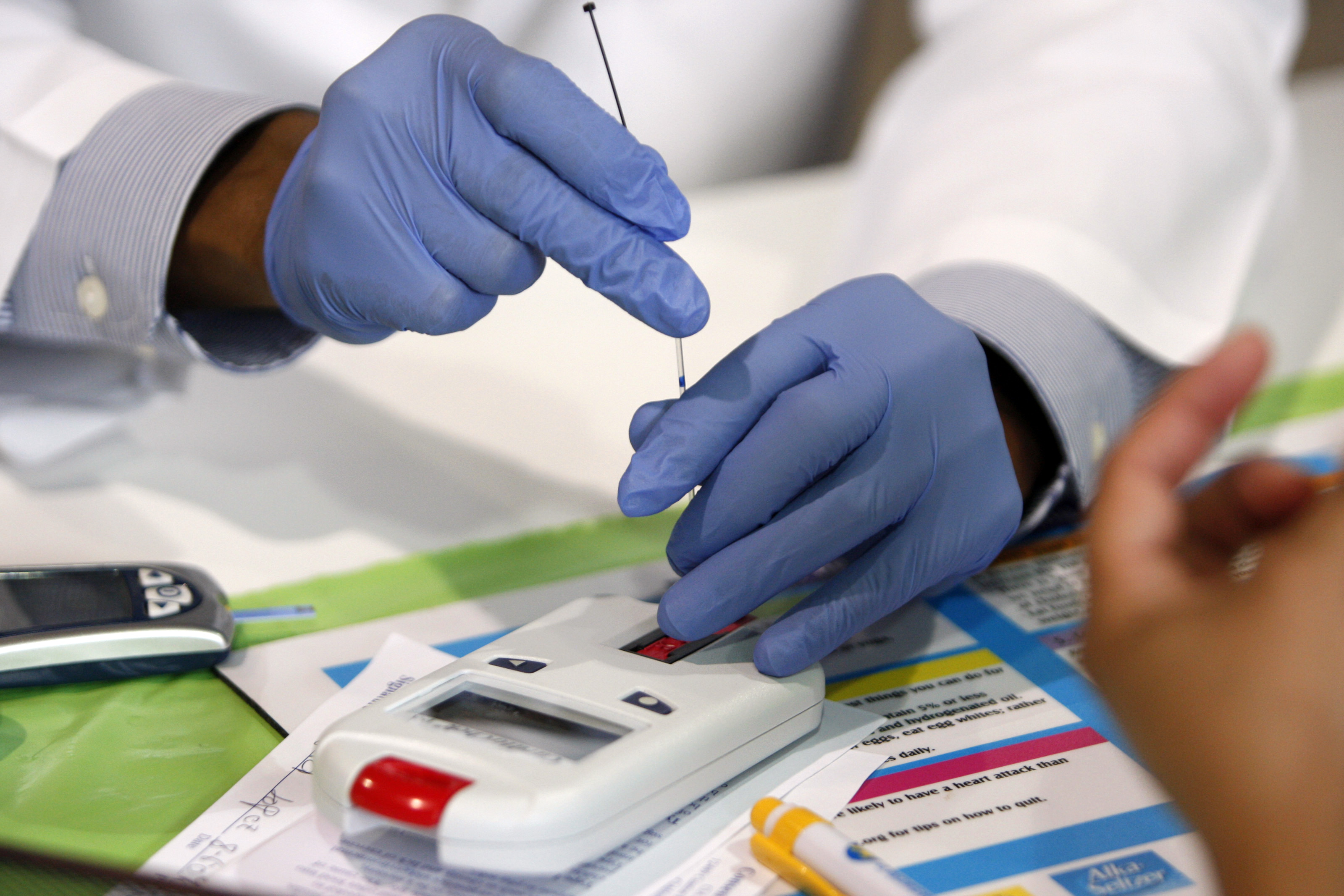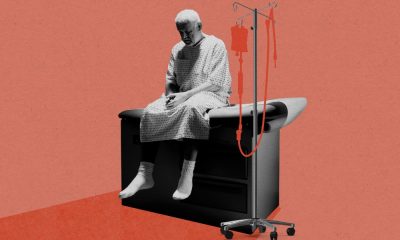A cholesterol drug could help bring down the number of daily COVID-19 infections, according to a new study.
Long-Existing Drug: A Striking Discovery
Researchers have recently stumbled upon a new discovery concerning a drug that’s mainly developed to treat high cholesterol. Fenofibrate is a fibrate class oral medication, which has been around since 1975, is typically administered to lower the levels of fatty substances in the blood.
According to the research team, led by the University of Birmingham and Keele University in the U.K. and the San Raffaele Scientific Institute in Italy, fenofibrate has the potential to reduce the effects of the novel coronavirus on the human body.
Upon testing the drug, they found out that its active form, called fenofibric acid, can significantly reduce SARS-CoV-2 infection in human cells in the laboratory. In their study, published in the journal Frontiers of Pharmacology, they indicated that the drug could lover the infection by up to 70%.
The finding was quite striking because they were able to achieve the favorable result using the standard clinical dose of the drug, which means the concentrations of fenofibrate used in the study was deemed safe for use in non-laboratory settings.
How Fenofibrate Works Against COVID-19
SARS-CoV-2 infects the human host through an interaction between the Spike proteins on its surface and the host cells’ ACE2 receptor proteins, which are found on the lungs, kidneys, heart and gut cells. This means the coronavirus penetrates the body through these receptor proteins.
The researchers initially conducted a study on existing drugs to find out if they can be used in addressing the global pandemic. They tested a panel of these drugs, and one of them happened to be fenofibrate. Their main goal at the time was to find drugs from the panel that were capable of disrupting the ACE2 and Spike interactions.
After noticing fenofibrate’s potential in disrupting the interactions, they moved forward with the study by testing the drug’s impact on human cells infected with the original strains of the SARS-CoV-2 virus. The experiment led to their discovery of the drug’s capability of reducing COVID-19 infection by up to 70%.
Though not indicated in the published version of their study, the researchers did test fenofibrate against the newer variants of the COVID-19 virus, including the alpha and beta variants. They also disclosed that they will be looking into the efficacy of the cholesterol drug on the delta variant that is currently wreaking havoc in many parts of the world.
The Significance Of The Study Amid The Surge
Fenofibrate is a very cheap drug that is readily available worldwide. It also has a good safety profile and has extensive history of clinical use. As such, using it as a form of treatment against COVID-19 could potentially help curb infections, especially in places that are still struggling to administer the vaccines in people who are against them for various reasons.
“Our data indicates that fenofibrate may have the potential to reduce the severity of COVID-19 symptoms and also virus spread,” Dr. Elisa Vicenzi, the study’s co-author from the San Raffaele Scientific Institute in Milan, said in a press release. She also noted that their study has global implications as fenofibrate could help address the cases in low-middle income countries and in those people who are not advised to get vaccinated due to certain conditions like hyper-immune disorders.
However, their study is just the first to examine fenofibrate’s effects on SARS-CoV-2 in the laboratory setting. Further studies are needed to establish the drug’s ability to reduce the infection and the spread of the disease. The team is now calling for more clinical trials to test fenofibrate in hospitalized COVID-19 patients, on top of the two other clinical trials that are currently underway at the Hospital of the University of Pennsylvania in the U.S. and the Hebrew University of Jerusalem in Israel.
“We now urgently need further clinical studies to establish whether fenofibrate is a potential therapeutic agent to treat SARS-CoV-2 infection,” University of Birmingham’s Dr. Scott Davies, who is also the first author of the research, said.
















